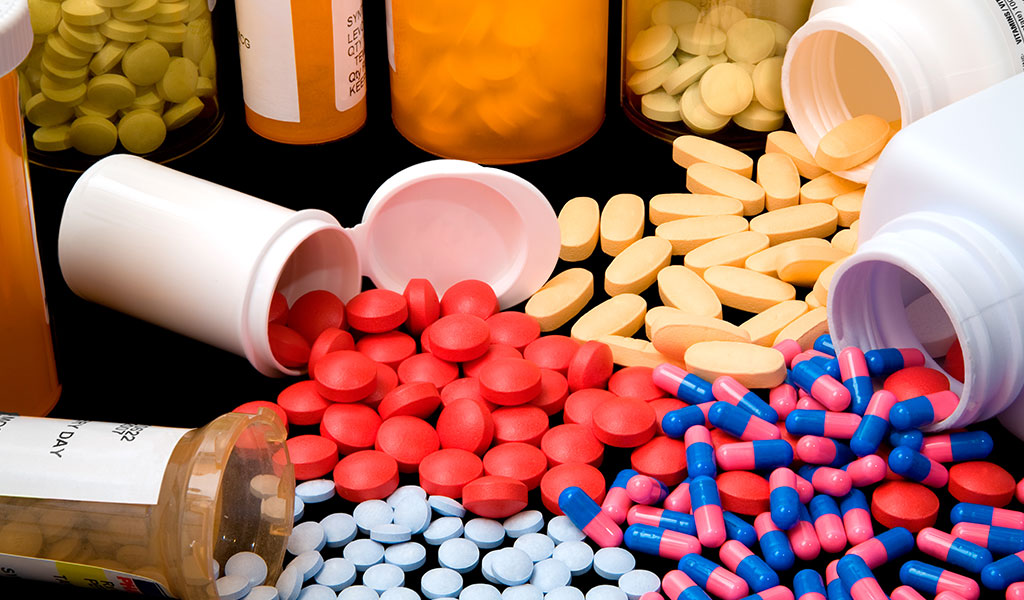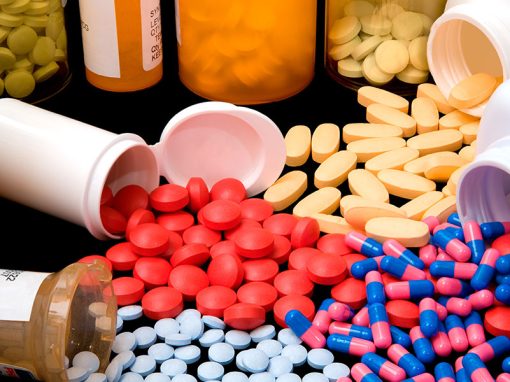NEW “SAFE HARBOUR” LEGISLATION
In order to market a generic version of a medicinal product, after the expiry of any patent protection on the original product, its manufacturer needs to obtain regulatory approval. For a generic product, manufacturers can use the approval certification granted for the original patentee’s product if they can demonstrate that the generic product is bioequivalent to the original product. In some circumstances a generic producer may wish to conduct clinical trials, for example for different formulations or uses.
Until now, exceptions to patent infringement in the UK were limited, so manufacturers preparing for regulatory approval risked an infringement action.
Legislation will come into force in the UK on 1 October 2014 that finally provides broad exemption from patent infringement for manufacturers wishing to gain such regulatory approval to enable them to launch a product on expiry of a patent.
Background
European legislation, incorporated into the UK Patents Act 1977 and which came into force in the UK on 30 October 2005, was intended to provide an exemption against patent infringement for such clinical trials.
In this legislation section 60(5) of the UK Patents Act 1977 was amended to include new subsection (i), which exempted the following acts from patent infringement:-
- “Directive 2001/82/EC” means Directive 2001/82/EC of the European Parliament and of the Council on the Community code relating to veterinary medicinal products as amended by Directive 2004/28 of the European Parliament and of the Council;
- “Directive 2001/83/EC” means Directive 2001/83/EC of the European Parliament and of the Council on the Community code relating to medicinal products for human use, as amended by Directive 2002/98/EC of the European Parliament and of the Council, by Commission Directive 2003/63/EC, and by Directives 2004/24/EC and 2004/27/EC of the European Parliament and of the Council.
Links to the Directives are provided in the footnotes , .
Importantly, this exemption does not cover paragraph 5 of article 10 of Directive 2001/84/EC, which states:-
- “In addition to the provisions laid down in paragraph 1, where an application is made for a new indication for a well-established substance, a non-cumulative period of one year of data exclusivity shall be granted, provided that significant pre-clinical or clinical studies were carried out in relation to the new indication.”
Further definitions were also added to Section 60(7) as follows:-
- (i) an act done in conducting a study, test or trial which is necessary for and is conducted with a view to the application of paragraphs 1 to 5 of article 13 of Directive 2001/82/EC or paragraphs 1 to 4 of article 10 of Directive 2001/83/EC, or
- (ii) any other act which is required for the purpose of the application of those paragraphs.
Thus it appears that the UK exemption has been “until recently” a very narrow interpretation of the Directive that would not cover all acts that may be required in order to gain approval of a new medicinal product. However, it is to be noted that this exemption has not been tested before the UK courts.
Current Changes
Consequently, there is a need for broad exemption from patent infringement for manufacturers wishing to gain approval for a generic drug to enable them to launch the product on expiry of a relevant patent. To achieve this, amendments have now been made to section 60 of the UK Patents Act 1977 to clarify the exemptions against patent infringement in this area. This legislation will come into force on 1 October 2014.
Essentially the existing “experimental purposes” exemption of Section 60(5)(b) of the Patent Act 1977 has been expanded to incorporate “anything done in or for the purposes of a medicinal product assessment”. In addition, the term “medicinal product assessment” has been defined to cover any testing for the purposes of obtaining authorisation, complying with a regulatory requirement or to enable assessment of a medicinal product. Thus the amendments appear to be fairly comprehensive in providing exemption for health technology assessments.
The amendment consists of the addition of new sections 6D, 6E, 6F and 6G in Section 60(6) of the Patents Act 1977, as follows:-
- “(6D) For the purposes of subsection (5)(b), anything done in or for the purposes of a medicinal product assessment which would otherwise constitute an infringement of a patent
- http://www.echamp.eu/fileadmin/user_upload/Regulation/Directive_2001-82-EC__-__Consolidated_Version_.pdf
- http://www.ema.europa.eu/docs/en_GB/document_library/Regulatory_and_procedural_guideline/2009/10/WC500004481.pdf
for an invention is to be regarded as done for experimental purposes relating to the subject-matter of the invention.
(6E) In subsection (6D), “medicinal product assessment” means any testing, course of testing or other activity undertaken with a view to providing data for any of the following purposes—
- (a) obtaining or varying an authorisation to sell or supply, or offer to sell or supply, a medicinal product (whether in the United Kingdom or elsewhere);
- (b) complying with any regulatory requirement imposed (whether in the United Kingdom or elsewhere) in relation to such an authorisation;
- (c) enabling a government or public authority (whether in the United Kingdom or elsewhere), or a person (whether in the United Kingdom or elsewhere) with functions of—
- (i) providing health care on behalf of such a government or public authority, or
- (ii) providing advice to, or on behalf of, such a government or public authority about the provision of health care,
- to carry out an assessment of suitability of a medicinal product for human use for the purpose of determining whether to use it, or recommend its use, in the provision of health care.6F) In subsection (6E) and this subsection—
- “medicinal product” means a medicinal product for human use or a veterinary medicinal product;
- “medicinal product for human use” has the meaning given by article 1 of Directive 2001/83/EC(2);
- “veterinary medicinal product” has the meaning given by article 1 of Directive 2001/82/EC(3).
- (6G) Nothing in subsections (6D) to (6F) is to be read as affecting the application of subsection (5)(b) in relation to any act of a kind not falling within subsection (6D)”.
According to the UK Intellectual Property Office, this exemption “applies to anything done in or for the purposes of a medicinal product assessment” .
By virtue of Section 128B and Schedule 4A (1)(a) & (2) of the UK Patents Act, the new Safe Harbour provisions will also apply to Supplementary Protection Certificates (SPCs) as well as patents.
Conclusion
Thus it appears that, as of 1 October 2014, UK law will allow manufacturers of generic medicinal products to carry out substantially all acts to enable them to obtain full approval of their products before the expiry of a patent or SPC if there is one, so that they can launch the product immediately on expiry of the patent or SPC.
References









